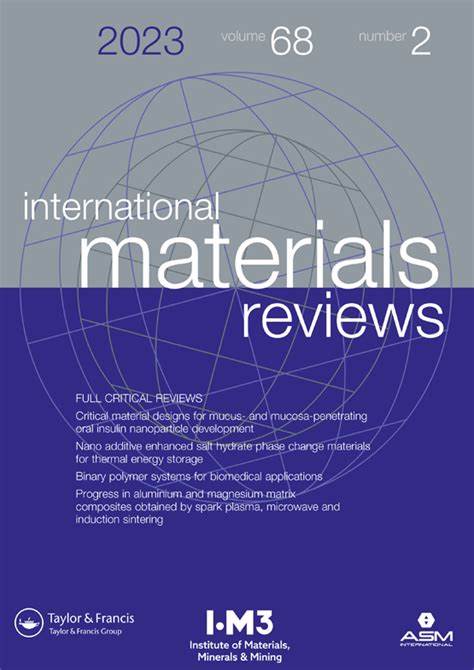Boosting bone regeneration using augmented melt-extruded additive-manufactured scaffolds
IF 15.5
1区 材料科学
Q1 MATERIALS SCIENCE, MULTIDISCIPLINARY
引用次数: 5
Abstract
ABSTRACT Bone tissue engineering (BTE) is in active search of the ideal scaffold to give a clinical solution for bone regeneration in non-union fractures. During the last decades, the use of additive manufacturing (AM), and, in particular, melt extrusion AM (ME-AM), has been investigated towards this aim. ME-AM enables the fabrication of personalized 3D scaffolds, with a controlled and highly interconnected porosity, through the solvent-free processing of biodegradable and mechanically robust polymers. In addition to these properties matching the requirements for BTE scaffolds, the polymers used to fabricate these constructs are also more amenable for further functionalization than metals or ceramics, to influence cell behaviour, making thermoplastic materials a preferred choice for BTE. This review provides a comprehensive analysis of various ME-AM scaffolds developed for BTE, along with approaches used to augment their bioactivity, which includes architectural, surface physical and chemical modifications, the incorporation of secondary fibrous or hydrogel networks within the scaffold pores, and the use of composites for ME-AM scaffold fabrication.使用增强的熔融挤出添加剂制造的支架促进骨再生
本文章由计算机程序翻译,如有差异,请以英文原文为准。
求助全文
约1分钟内获得全文
求助全文
来源期刊

International Materials Reviews
工程技术-材料科学:综合
CiteScore
28.50
自引率
0.00%
发文量
21
审稿时长
6 months
期刊介绍:
International Materials Reviews (IMR) is a comprehensive publication that provides in-depth coverage of the current state and advancements in various materials technologies. With contributions from internationally respected experts, IMR offers a thorough analysis of the subject matter. It undergoes rigorous evaluation by committees in the United States and United Kingdom for ensuring the highest quality of content.
Published by Sage on behalf of ASM International and the Institute of Materials, Minerals and Mining (UK), IMR is a valuable resource for professionals in the field. It is available online through Sage's platform, facilitating convenient access to its wealth of information.
Jointly produced by ASM International and the Institute of Materials, Minerals and Mining (UK), IMR focuses on technologies that impact industries dealing with metals, structural ceramics, composite materials, and electronic materials. Its coverage spans from practical applications to theoretical and practical aspects of material extraction, production, fabrication, properties, and behavior.
 求助内容:
求助内容: 应助结果提醒方式:
应助结果提醒方式:


